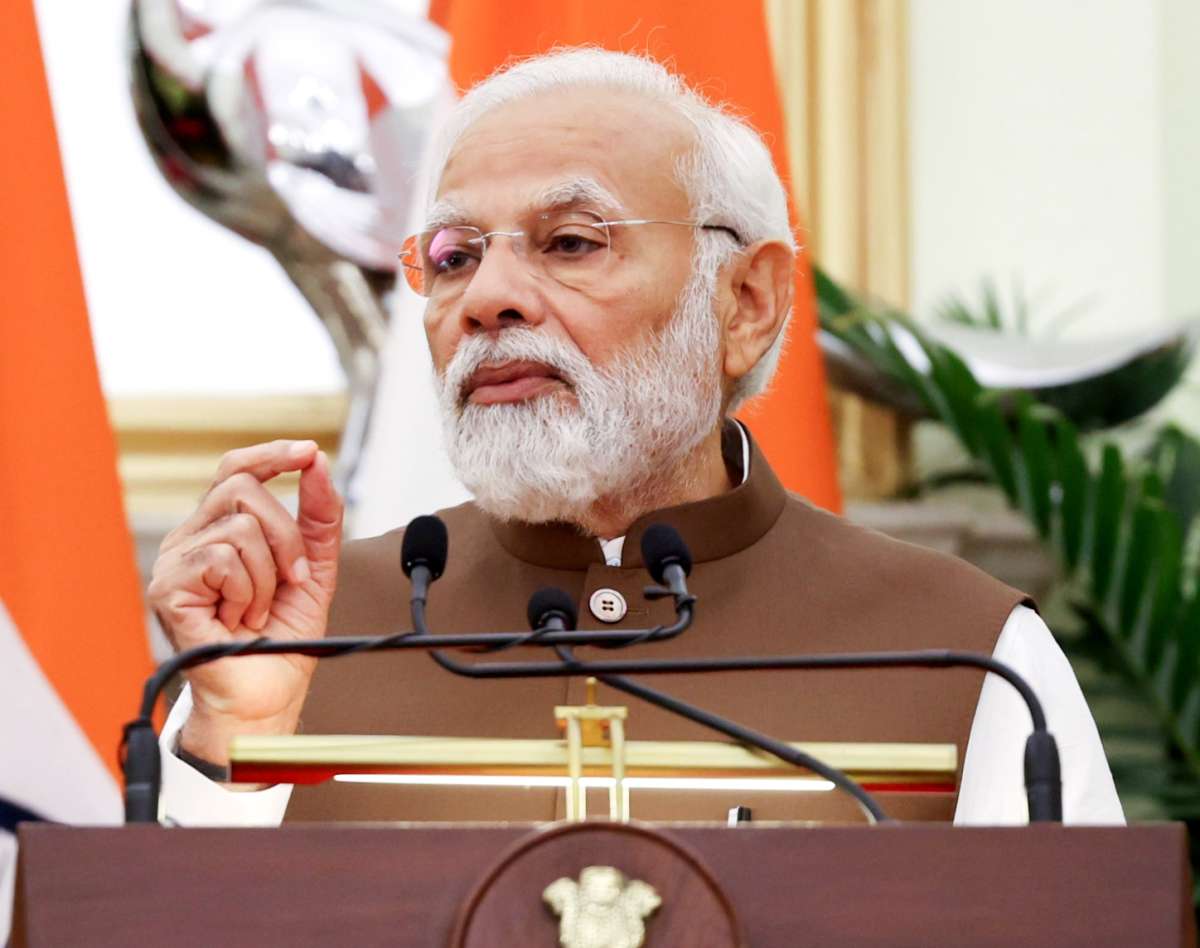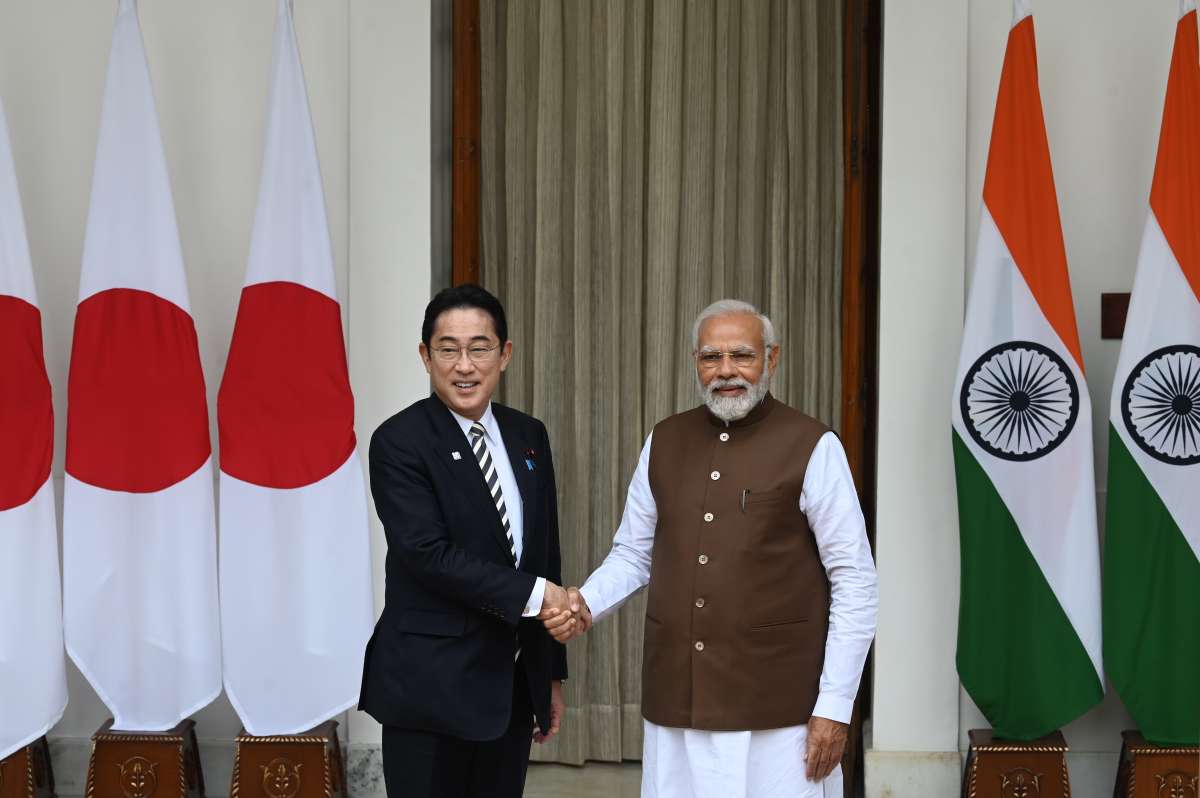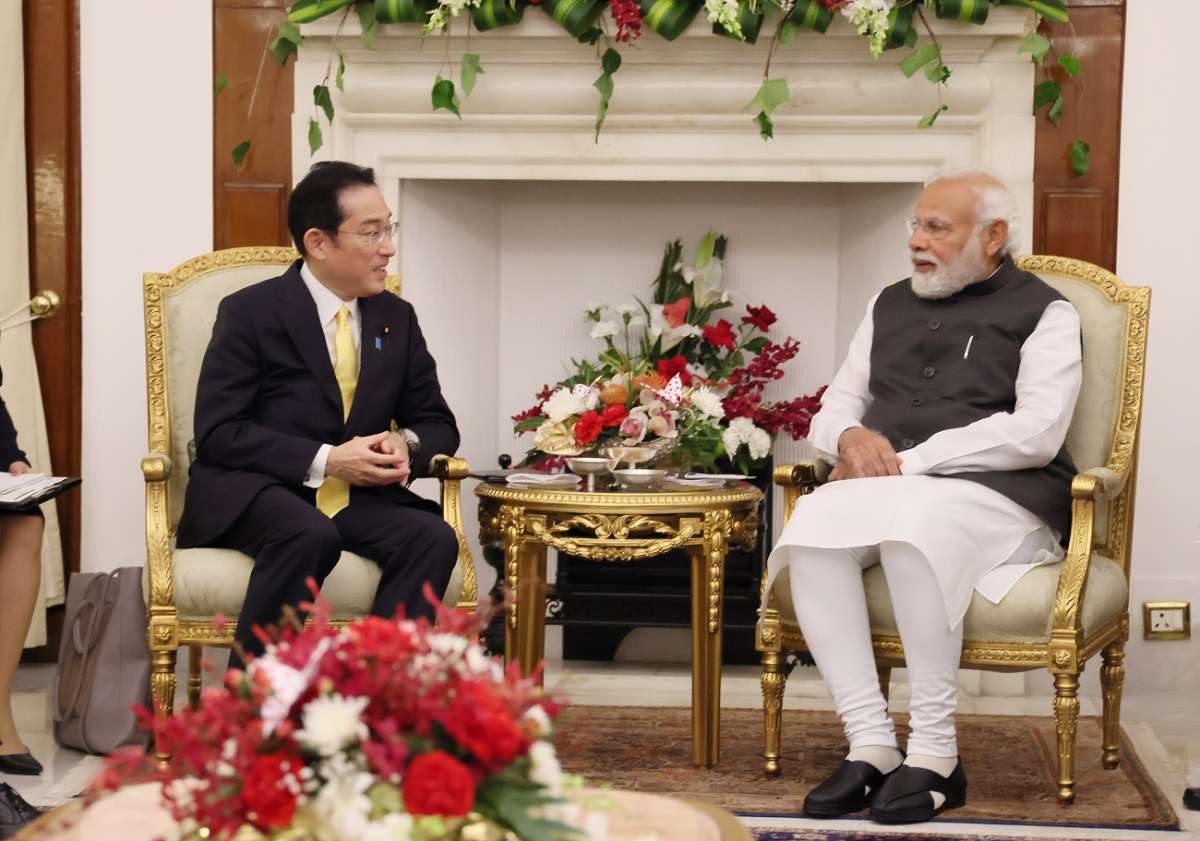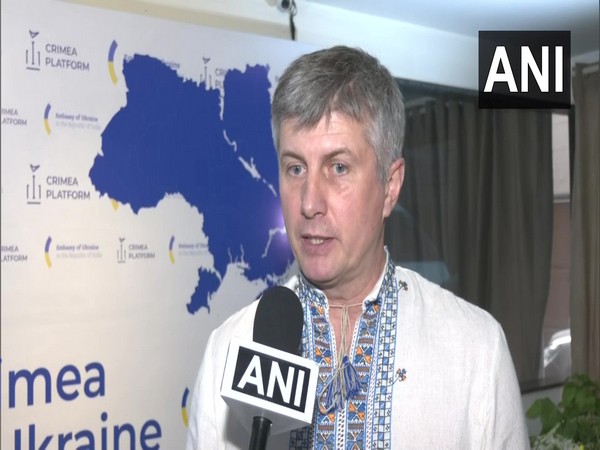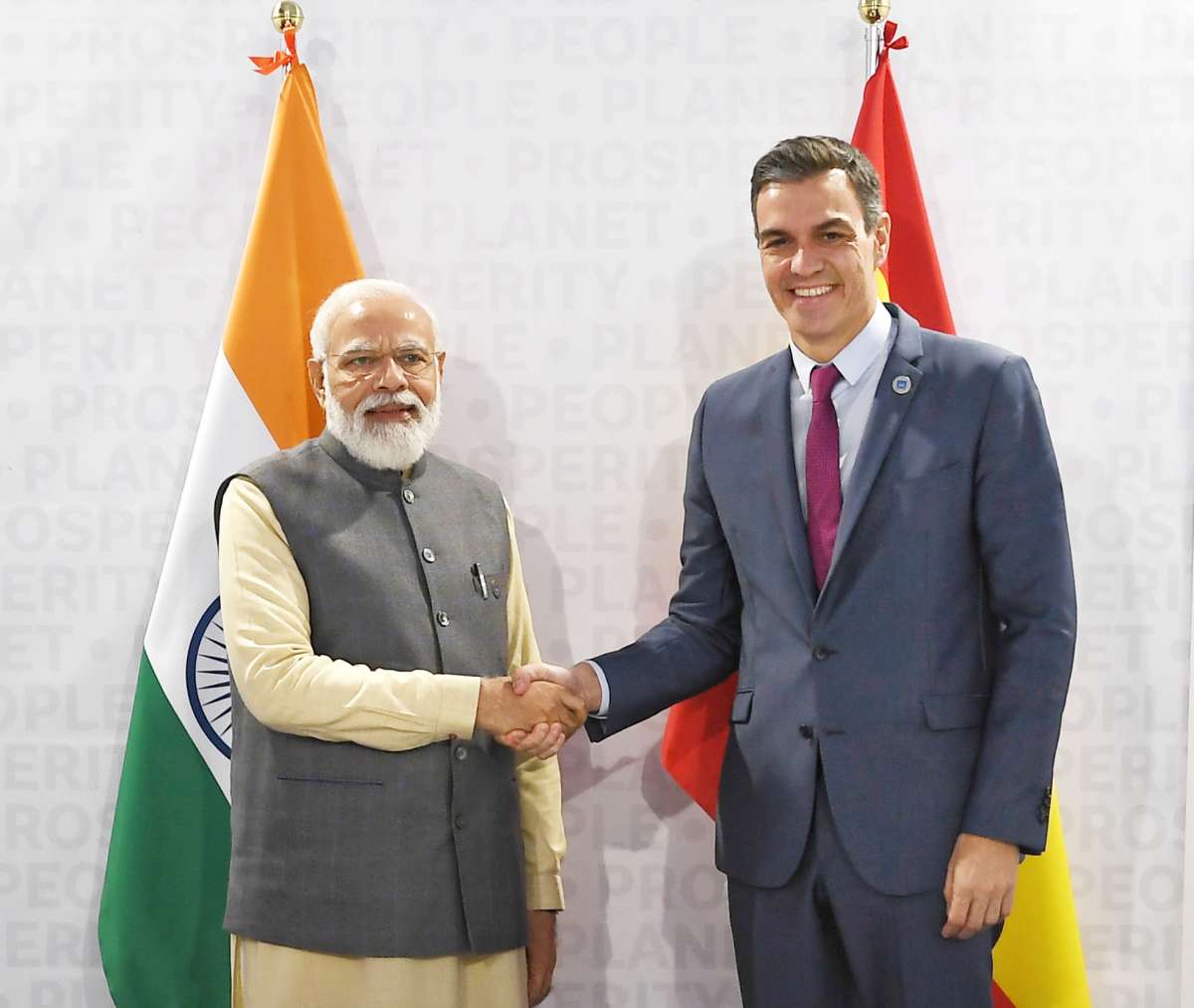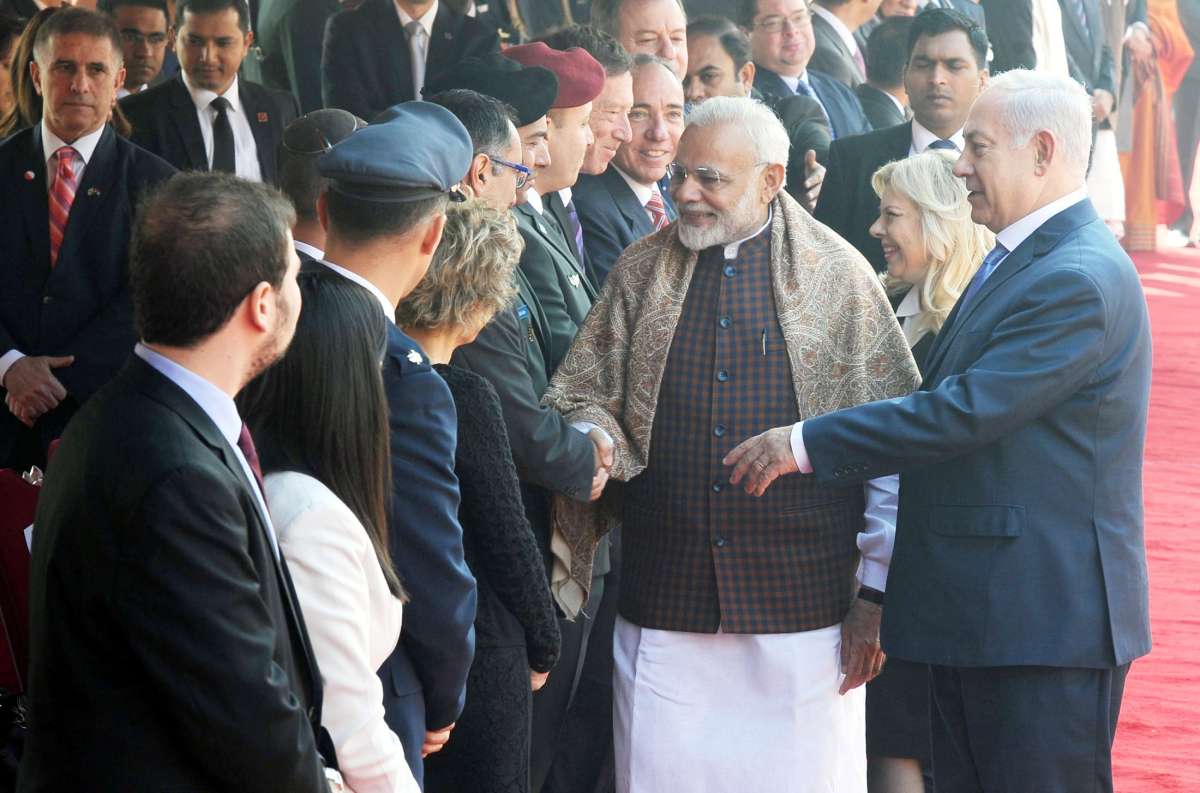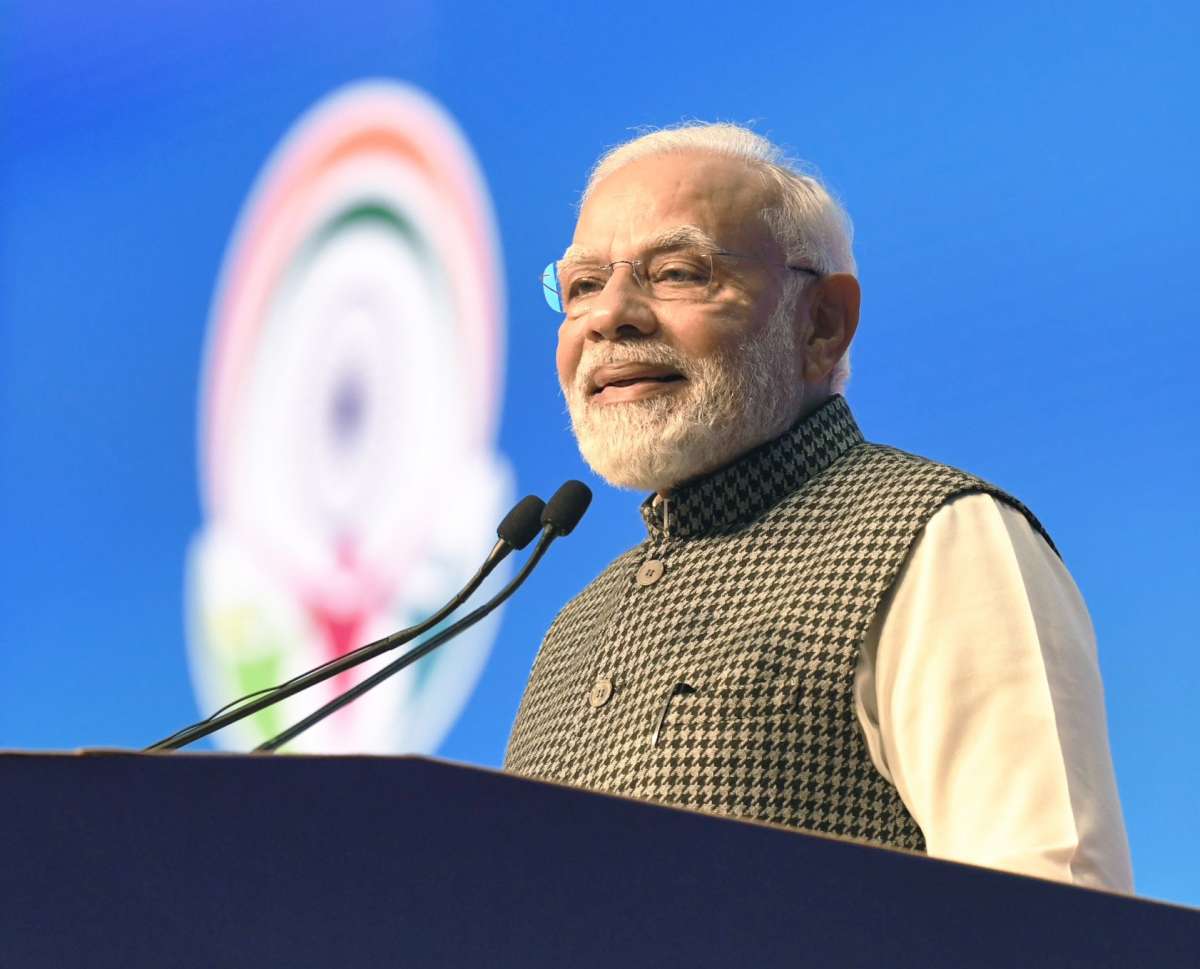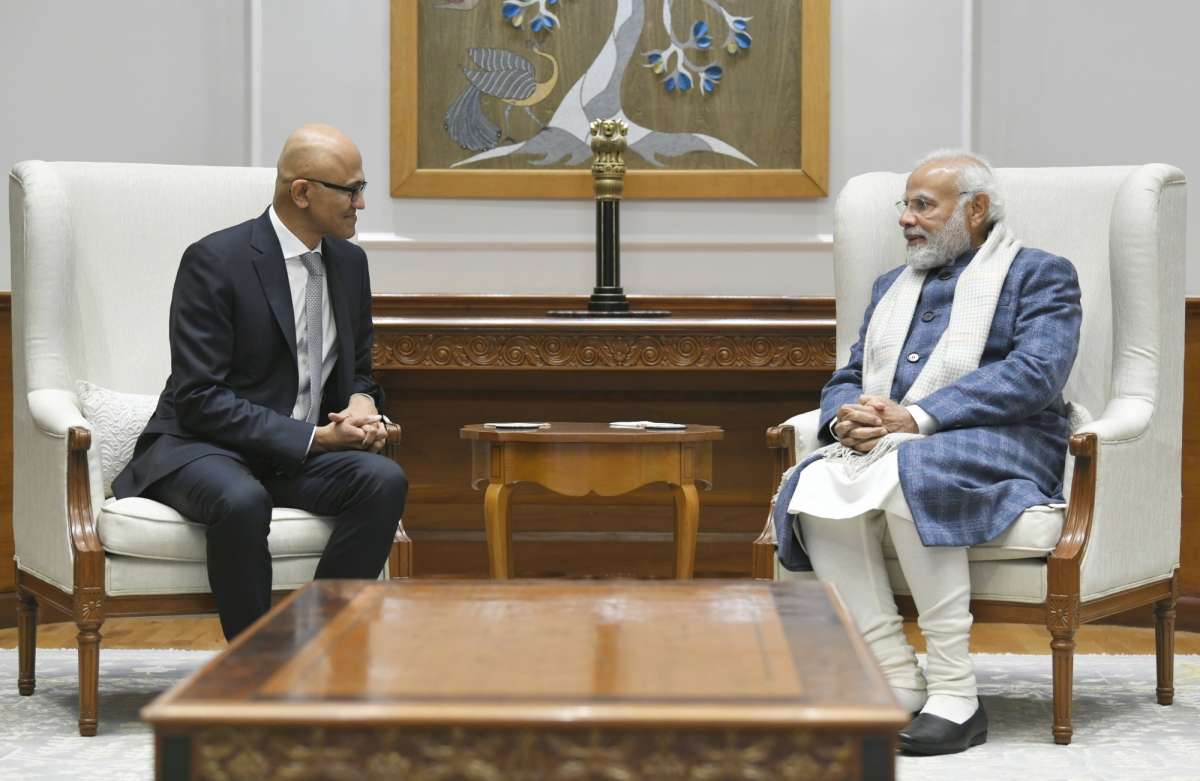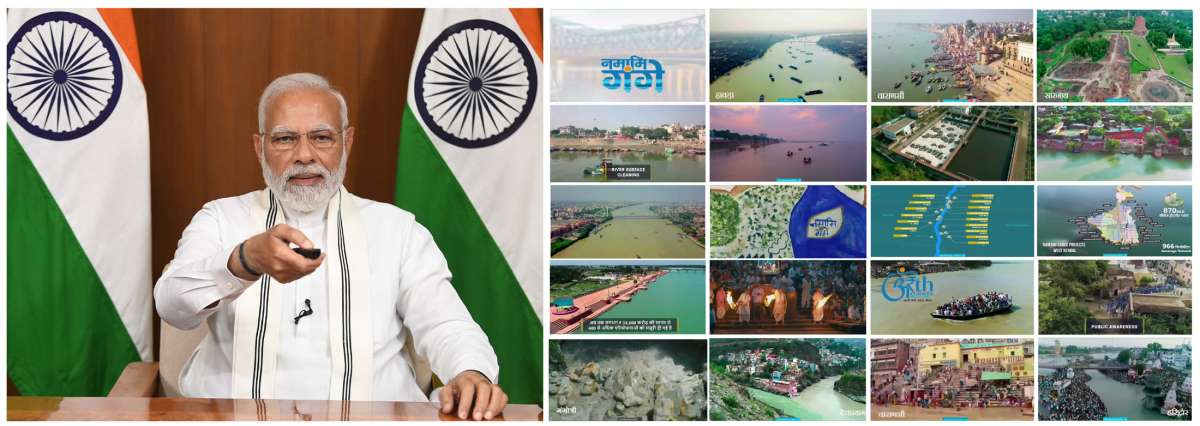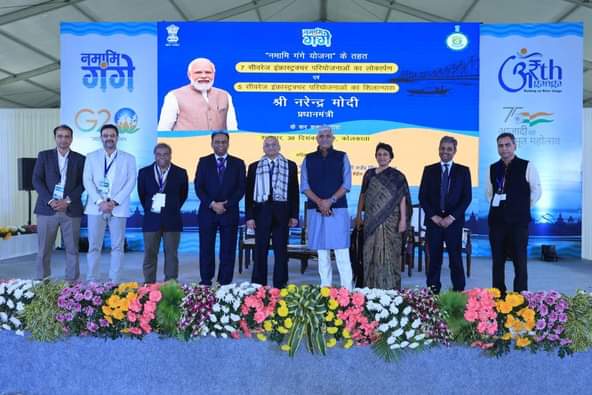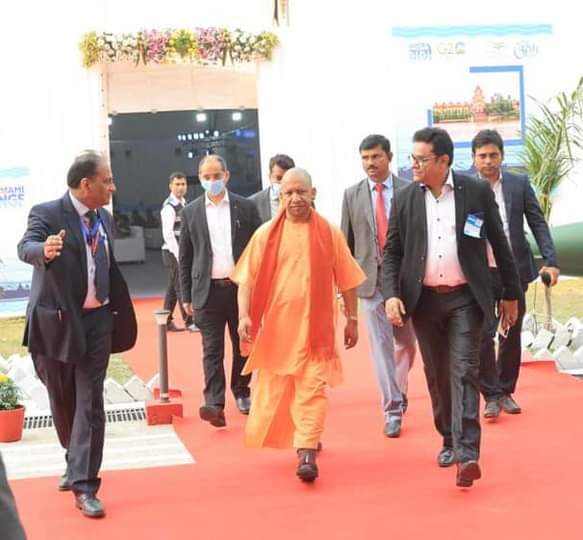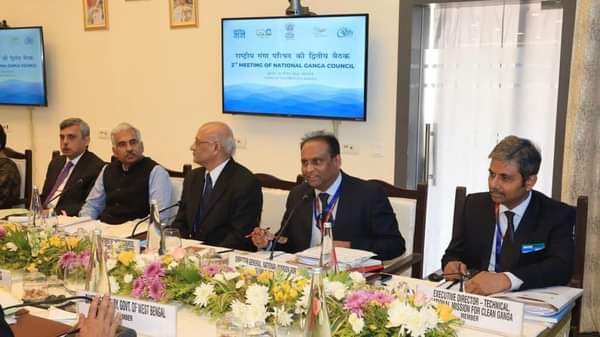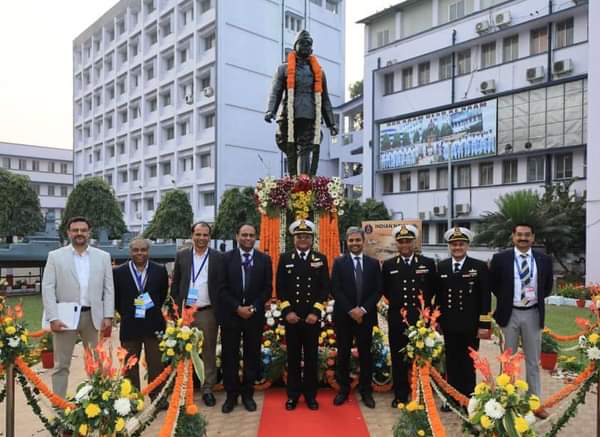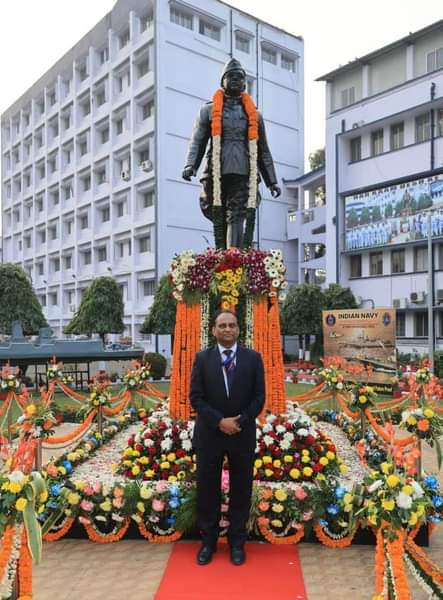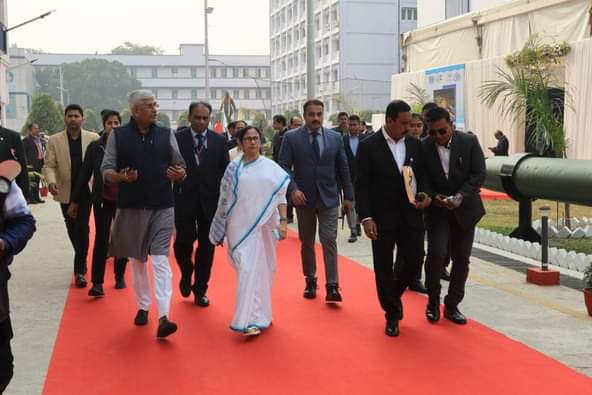Prime Minister says major strides by the Global South in bridging technological divide will be a focus issue for G20 under India’s presidency…reports Asian Lite News
Prime Minister Narendra Modi on Wednesday said that reducing the regional divide is one of the key priority areas for India during its G20 presidency.
Modi said this after inaugurating the new International Telecommunication Union (ITU) Area office and Innovation Centre in India at a programme in Vigyan Bhawan here.
The prime minister also unveiled the Bharat 6G Vision Document and launched the 6G R&D Test Bed. On the occasion, he also launched the ‘Call before u Dig’ App.
ITU is the United Nations’ specialised agency for information and communication technologies (ICTs).
“Today, when India is presiding over the G20, one of our priorities is to reduce the regional divide. Global South is making major strides in bridging the technological divide,” the prime minister said on the occasion, adding that the ITU Area office and Innovation Centre will also play a key role in this.
For India, telecom technology is not just a mode of power but a mission to empower. India rolled out 5G connections in more than 125 cities within 120 days and similarly India will set up 100 5G labs in the coming years, he informed the gathering.
“Within six months of 5G, we are already talking about 6G technology. This shows the confidence of India,” Modi quipped.
He went on to add that more than Rs 800 crore UPI-based digital payments are made in India every month and every day over seven crore e-authentications take place.
“More than Rs 28 lakh crore are directly transferred to citizens’ bank accounts through Direct Benefit Transfer,” he added.
Noting that India’s 5G standards are part of the global 5G systems, the prime minister said that India will also work closely with ITU for the standardisation of future technologies.
Modi underlined that the new Indian ITU Area office will also help in creating the right environment for 6G.
He announced that the World Telecommunications Standardisation Assembly of ITU will be held in October next year in Delhi where representatives from all over the world will visit India.
India signed a Host Country Agreement in March 2022 with ITU for the establishment of Area Office. It will serve India, Nepal, Bhutan, Bangladesh, Sri Lanka, Maldives, Afghanistan and Iran, enhancing coordination among the nations and fostering mutually beneficial economic cooperation in the region.
Doreen-Bogdan Martin, Secretary General of ITU thanked PM Modi for helping develop the new ITU Office and innovation center in India, which marks a new chapter in the long history of India and ITU.
She expressed confidence that ITU’s presence in the region will help in the introduction of advanced technologies, improve capacity development and foster entrepreneurship and partnerships.
ALSO READ-G20 has been democratised, says Fadnavis

